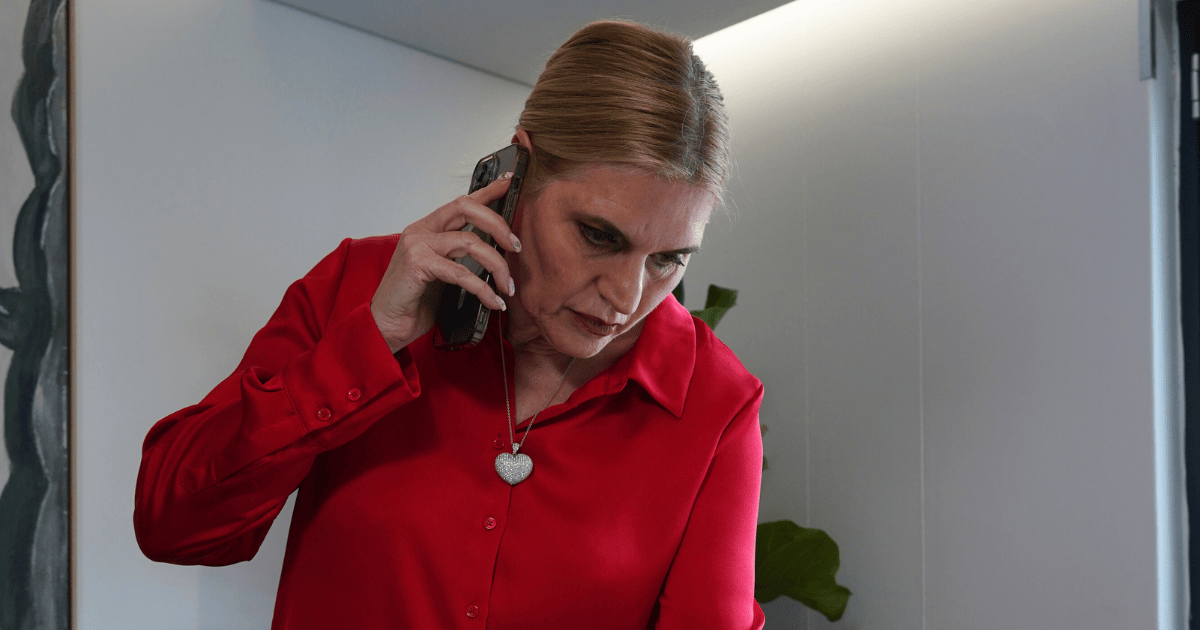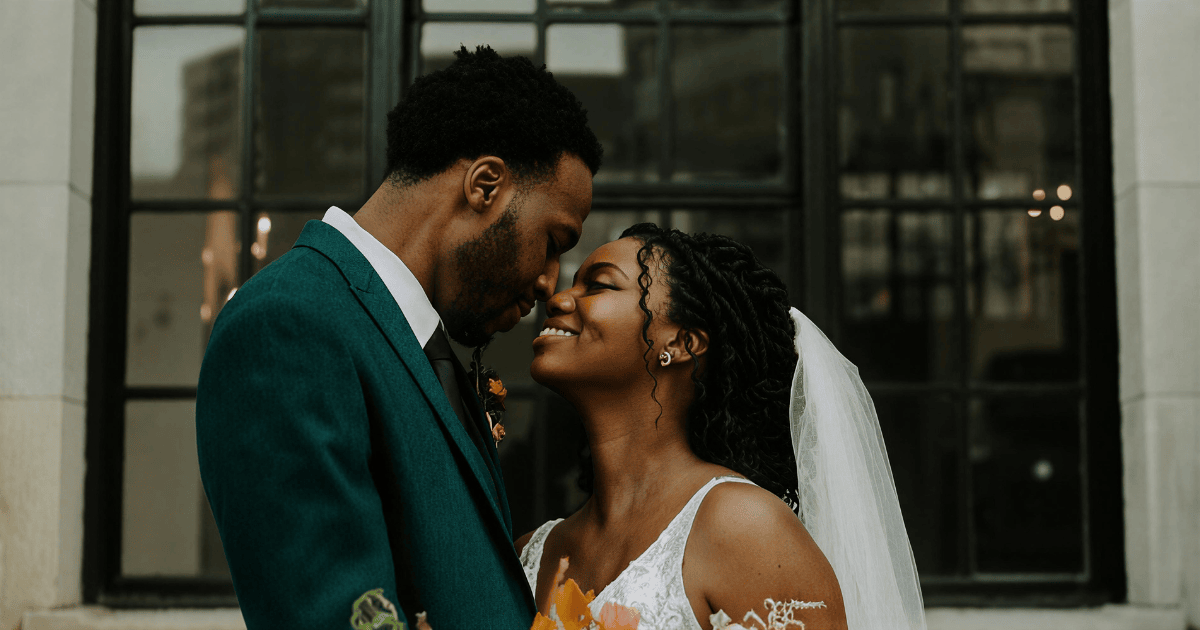South African law recognises several marital regimes that spouses can enter into. One of these marital regimes is the customary marriage in terms of the Recognition of Customary Marriages Act No. 120 of 1998. A customary marriage means a marriage concluded in accordance with customary law. In order to qualify as customary law it must be in terms of customs and usages that are traditionally observed among the indigenous African people of South Africa and which forms part of the culture of those people.
Requirements for a valid customary marriage
For the customary marriage to be seen as valid, the spouses intending on concluding a customary marriage have to be above the age of 18 (if one or both of the prospective spouses are minors the parents or guardians of the minors have to consent on their behalf), both of the prospective spouses must consent to such marriage and the marriage must be negotiated and celebrated in accordance with customary law. Furthermore, there is the requirement of Lobolo that is not explicitly stated in the Act but is seen as an essential requirement according to custom. Lobolo is payment made to the bride’s father or the head of the bride’s household. The payment is either in the form of cattle or the monetary equivalent of the cattle.
Registration of customary marriages
For a customary marriage to be valid the marriage must be registered. Either spouse may apply to the registering officer in the prescribed form for the registration of their marriage and supply the officer with the required information. When the officer receives all the information and he is satisfied with the information he will register the marriage. The officer will after registration issue a certificate of registration which will then be given to the spouses.
Proprietary consequences of customary marriages
There are two instances one needs to consider, customary marriages entered into before the commencement of the Recognition of Customary Marriages Act 120 of 1998, and marriages entered into after commencement of the Act. If the marriage was entered into before the commencement of the Act, the spouses may apply jointly to court to change the matrimonial property system that applies to their marriage. If the marriage was entered into after the commencement of the Act, the marriage is one of in community of property and of profit and loss between the spouses, unless they have an Antenuptial agreement that regulates the matrimonial property system of their marriage.
Dissolution of the customary marriage
A customary marriage is dissolved according to the Divorce Act 70 of 1979. The marriage may only be dissolved by a court by a decree of divorce on the ground of the irretrievable breakdown of the marriage. The relationship between the parties must have reached such a state of disintegration that there is no reasonable prospect of restoration between the parties.
What happens to Lobolo upon dissolution of the customary marriage?
While the Recognition of Customary Marriages Act is silent on the matter, there are certain circumstances when a portion of Lobolo could be refunded:
1. When the wife deserted her husband, and despite him attempting to bring her back to his home she refused;
2. When the wife has done something or guilty of conduct that justifies the husband rejecting her;
3. When the wife’s father has repaid the Lobolo in order to dissolve the marriage;
4. When the husband rejected the wife without cause the wife or her guardian can retain the Lobolo; and5. When the husband has publicly rejected his wife, the wife or her guardian can retain the Lobolo.
For direct answers to your specific personal questions, please contact us directly.
Read more about our family law services.
Author – Jenna Phillips





